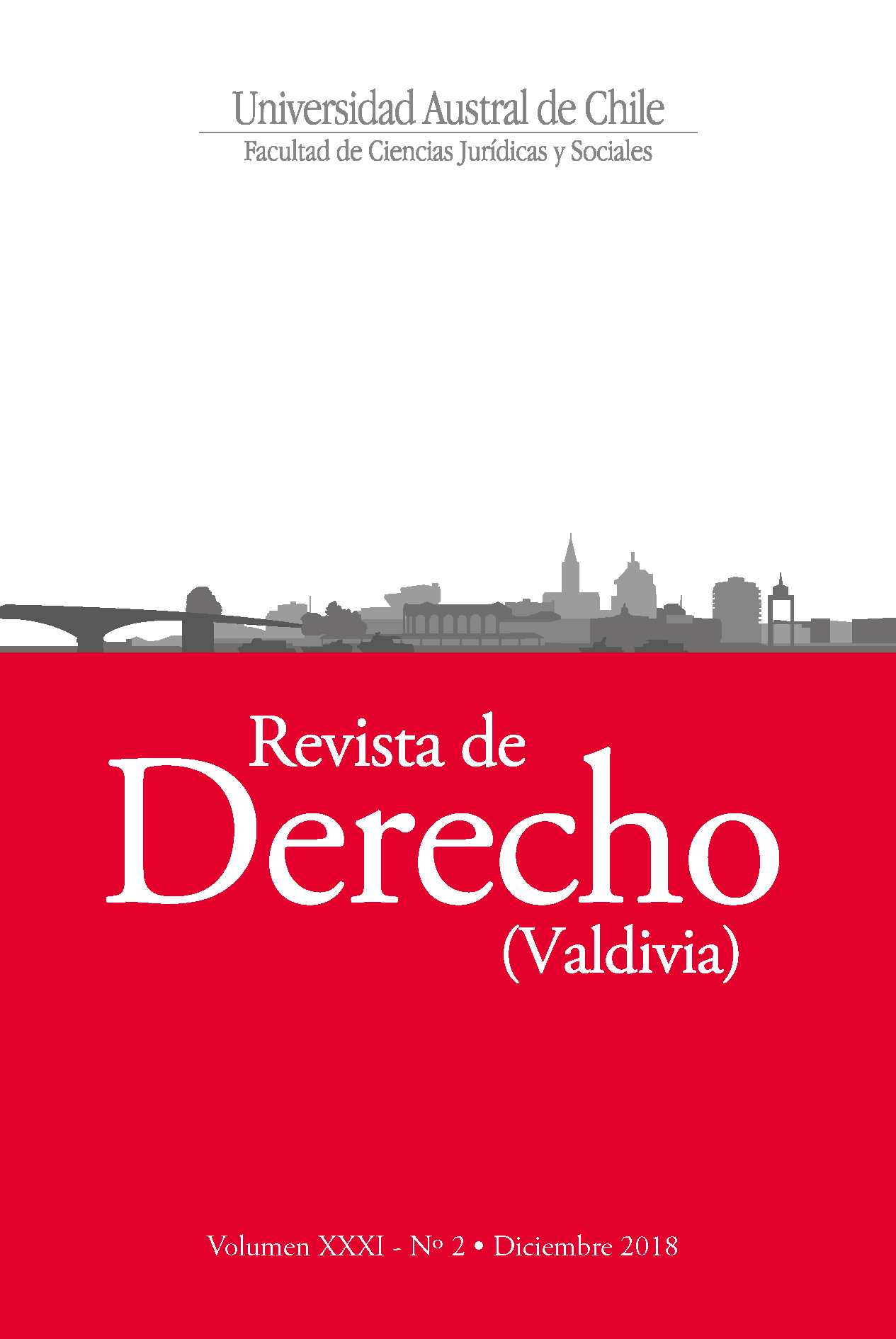The construction of legal expertise: a judicial ethnography on family courts in Santiago, Chile
Main Article Content
Abstract
Based on a judicial ethnography conducted in 2014 on family courts in Santiago - Chile, I studied how judges manage their own emotions and other’s emotions to legitimize their expertise. The main conclusion of my work is that judges cultivate an emotional capital of courtesy and intimidation to project security and competence in their work. The problem, however, is that at an institutional level, judges complex labor emotion is not recognized. As a result, family judges’ health problems are kept untreated, and their expertise continues to be devalued within the profession. Furthermore, their labor work tends to reproduce authoritarian and patronizing practices in the courtroom and normalizes discriminatory professional norms against female judges who are seen as too intimidating on their performances at court.

